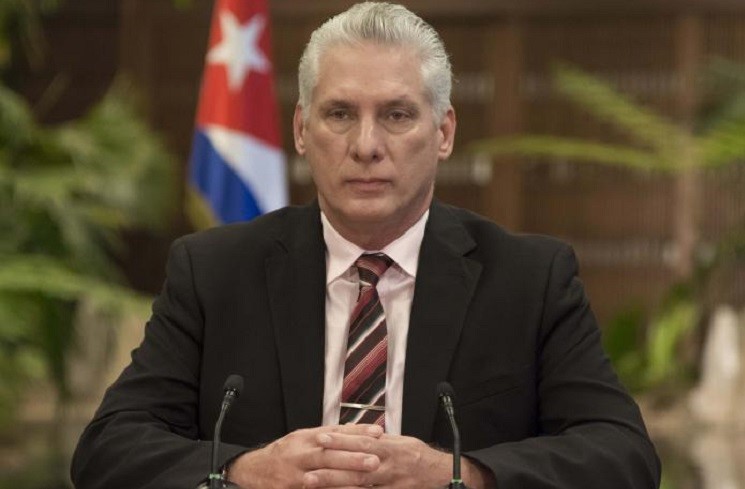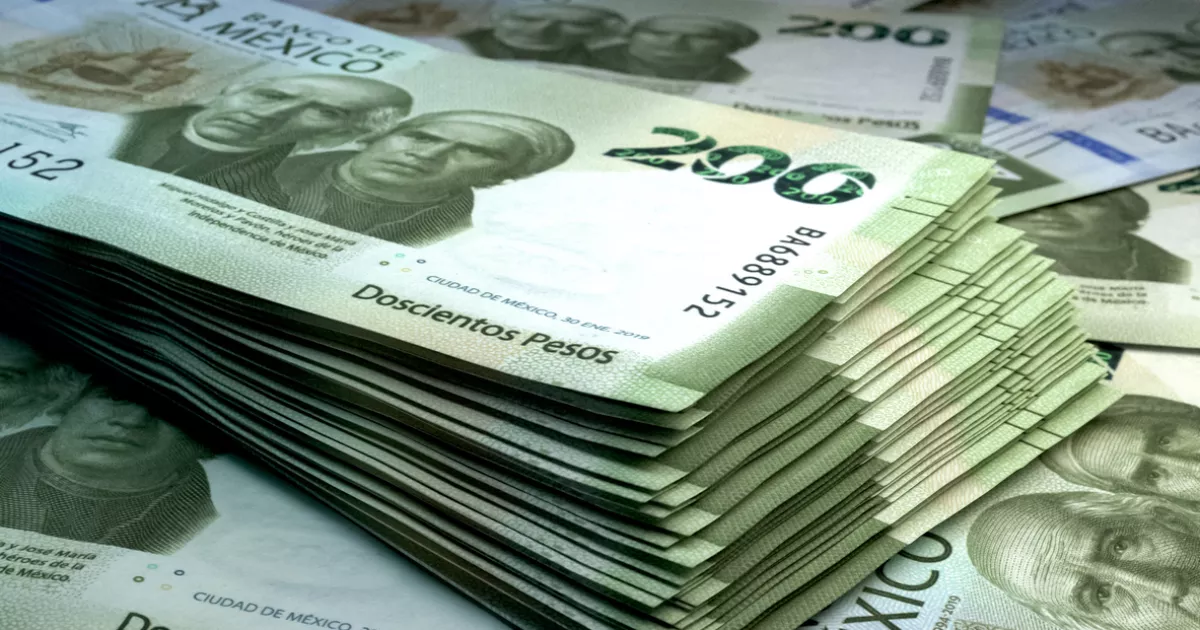HAVANA, Cuba. – Cuban president Miguel Díaz-Canel Bermúdez paused during his participation of him at the 5th Plenary Session of the Central Committee of the Communist Party of Cuba, to broadcast virtually a speech before the Euroasian Economic Union (EAEU, by its English acronym), which was meeting in Kyrgyzstan, the former Soviet republic. Cuba has observer status in this economic alliance, to which Russia, Belarus, Armenia, Kazakhstan and the host country are full members.
Keeping up with the beggar’s spirit that he showed during his recent tour of nations in three continents, and after stating that Cuba and EAEU experts had identified possible areas of collaboration in hydrocarbon exploration, energy, biopharmaceuticals, iron and steel industry, agriculture, tourism and transportation, the junior leader broached the subject that interested him the most.
He stated: “We reiterate that it is necessary for Cuba to incentivize trading of goods and services, in particular, to export Cuban products from the national exportable production based on mutually advantageous cooperation.”
Mr. Díaz-Canel, who is aware of the acute crisis that Cuba’s foreign finances are facing due to a drop in exportable items, both in goods and products and in services, exhorts his counterparts in the EAEU –almost begs them- to import Cuban products.
Truth be told, for this to happen things would have to change course, because, until 2021, with the exception of Russia, there was little trade between Cuba and the other countries in the EAEU, and little Cuban exports.
Cuba’s 2021 Statistical Yearbook does not include numbers on the country’s trade with Kyrgyzstan, Armenia or Kazakhstan for the ten years between 2016 and 2021, which means their amounts were low. With regard to Russia, Cuban export of goods in those ten years totaled US$103,149,000 million, while the island’s imports amounted to more than US$2.5 billion, which accounts for a trade deficit of US$2.4 billion.
As for Belarus, Cuba exported goods for approximately US$54.1 billion, and imported some US$91.3 billion, which amounts to a trade deficit of US$37.2 million.
As can be appreciated, there haven’t been too many good or products for Cuba to provide in the recent past to EAEU nations. For the immediate future, this situation will not change.
As far as services, only in Tourism could the Cuban economy achieve some levels of income in the near future. Which is why the Castro’s heir used his intervention in the EAEU meeting to invite businessmen in the tourism sector from those countries to attend the International Tourism Fair scheduled for May 2023 in Havana. At that time, the Cuban regime will aim desperately to promote its tourism offer.
Certainly, at a time when the EAEU nations are looking for allies with whom to establish mutually advantageous relations—they are talking about a tax-free zone with the United Arab Emirates—they are being called to listen to the requests of an impoverished island that has nothing to offer except unconditional moral support.
OPINION ARTICLE
The opinions expressed in this article are the sole responsibility of the person who issues them and do not necessarily represent the opinion of CubaNet.
Receive information from CubaNet on your cell phone through WhatsApp. Send us a message with the word “CUBA” on the phone +1 (786) 316-2072, You can also subscribe to our electronic newsletter by giving click here.






